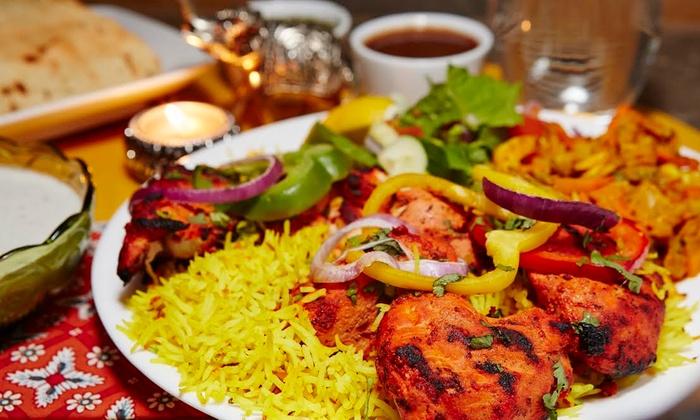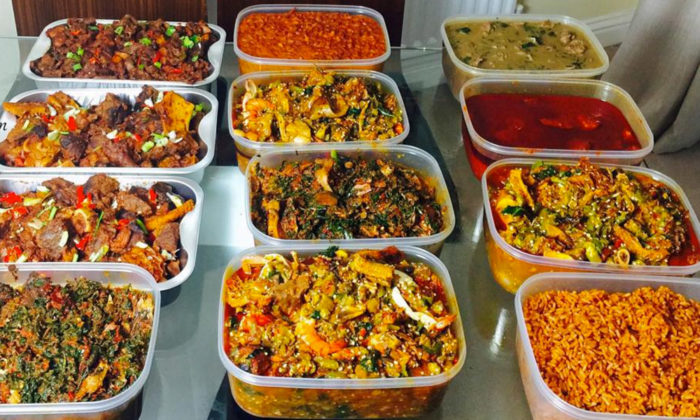With the hustle and bustle of everyday life, it is easy to forget how important nutrition is in a healthy lifestyle. It can be difficult to plan out meals and drinks so that they are balanced while consuming or finding affordable food options. But now there is a new way to make your diet much more manageable.
Introduction
To live a healthy life, it is important to have a balanced diet. However, living on a tight budget can be difficult. In this article, we will show you how to plan a balanced diet with minimal budget.

First, you should figure out your daily caloric needs. To do this, you need to divide your weight in kilograms by 2.2. This will give you the number of calories you need each day. Once you know your caloric needs, use the following equation to find your recommended daily intake of nutrients:
Recommended Daily Intake = Calories × (1 + [% Recommended Daily Value for Nutrients])
For our example, let’s say that the person weighs 150 pounds and wants to eat 2000 calories per day. Their recommended intake would be 6000 calories × (1 + [50% Recommended Daily Value for Nutrients]) which would give them an intake of 7500 calories daily. In order to reduce the number of calories consumed, it is important to choose foods with lower calorie counts.
Now that you have your recommended daily intake of nutrients and caloric needs, it is time to figure out what foods to include in your diet. The
How to Plan a Balanced Diet with Minimal Budget
If you’re looking to improve your diet and save money, a balanced diet is the way to go. You don’t need a lot of fancy ingredients or expensive equipment to make a healthy meal. In fact, you can easily create a balanced diet with minimal budget using simple techniques and common household items.
Here are seven tips for creating a balanced diet on a budget:
1. Make use of leftovers.
If you have any leftover food from the previous day, don’t waste it! Instead, put it in an oven-safe dish and heat it up in the morning or evening. This way, you’ll have a healthy and affordable meal ready when you get hungry.
2. Get creative with vegetables.
You don’t have to spend a lot of money on vegetables to get a healthy meal. Try using them in different ways to switch up your routine and reduce your costs. For example, instead of buying pre-made vegetable soup packets, make your own at home using canned diced tomatoes and stock cubes. Or, try chopping up some vegetables and frying them up in olive oil for a quick and easy snack.
3. Shop sales and stock up on staples.
Whenever possible, shop during off-peak times and stock up on your staples. Make sure to keep enough in the fridge for the week so that you can eat healthy meals without having to go out and buy new ones.
4. Cook from scratch.
Cooking a meal from scratch is significantly cheaper than buying prepackaged foods, which are usually packed with additional preservatives and fillers. Plus, it’s far healthier. You can cook up some of your own fresh fruits, vegetables and proteins to create tasty meals that will run you less money.
5. Shop at grocery stores’ “value” section
If you shop at grocery stores’ “value” sections, full of products found in bulk bins for a fraction of the price, you’ll be able to save even more money. An average pack of 12 eggs costs around $1.29 at any grocery store, but you can find them for as little as $0.89 per dozen at a bulk bin, or $0.46 per dozen if purchased in bulk six or more at a time. Similarly, canned goods such as mushrooms and roasted red peppers cost between $2 and $3 at most stores, but you can get the same product for under $1 per pound from a bulk bin.
6. Look for coupons
If your local grocery store has coupons available to print off online, stock up on some basic items that will last you throughout the week and save even more money in the long run — and use them before they expire!
What is a balanced diet?
A balanced diet is one that consists of both healthy and unhealthy foods. To make sure you are eating a balanced diet, follow these tips:
- Choose whole, unprocessed foods over processed foods.
- Limit fats, sugars, and salts.
- Eat plenty of fruits and vegetables.
- Avoid eating too much saturated or unhealthy fats.
A balanced diet requires more than just food.

Food is only one part of a balanced diet. A balanced diet requires sufficient amounts of water, protein, fats, and carbohydrates. It is also important to include vitamins and minerals in your diet. You can achieve a balanced diet without spending a lot of money by using these tips:
- Make sure to include plenty of fruits and vegetables in your diet. These foods are low in calories and contain vitamins, minerals, and fiber.
-
Try to eat whole grain breads, cereals, and pasta instead of processed foods. These foods provide more nutrients than processed foods.
-
Avoid eating too much sugar and saturated fat. These foods are high in calories and can cause weight gain.
Nature, exercise, and sleep all contribute to a balanced lifestyle.
How to Plan a Balanced Diet with Minimal Budget
There are a few things that you can do to help create a balanced diet on a budget. First, start by figuring out what you can live without. If you’re not sure what you can or cannot live without, try going on a “cleanse” for a week and see how many items you can skip. Once you know what you can live without, begin to create a grocery list that focuses on healthy, affordable foods.
Another way to save money on your diet is to cook your own meals from scratch. This can be challenging when you first start, but it’s definitely worth it in the long run. You’ll save money and learn new recipes, too! Finally, make sure to get enough sleep. A good night’s sleep helps improve moods and energy levels, which can help keep your diet balanced and healthy overall.





Comments are closed.